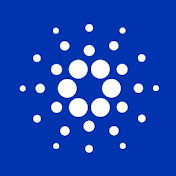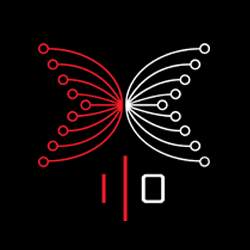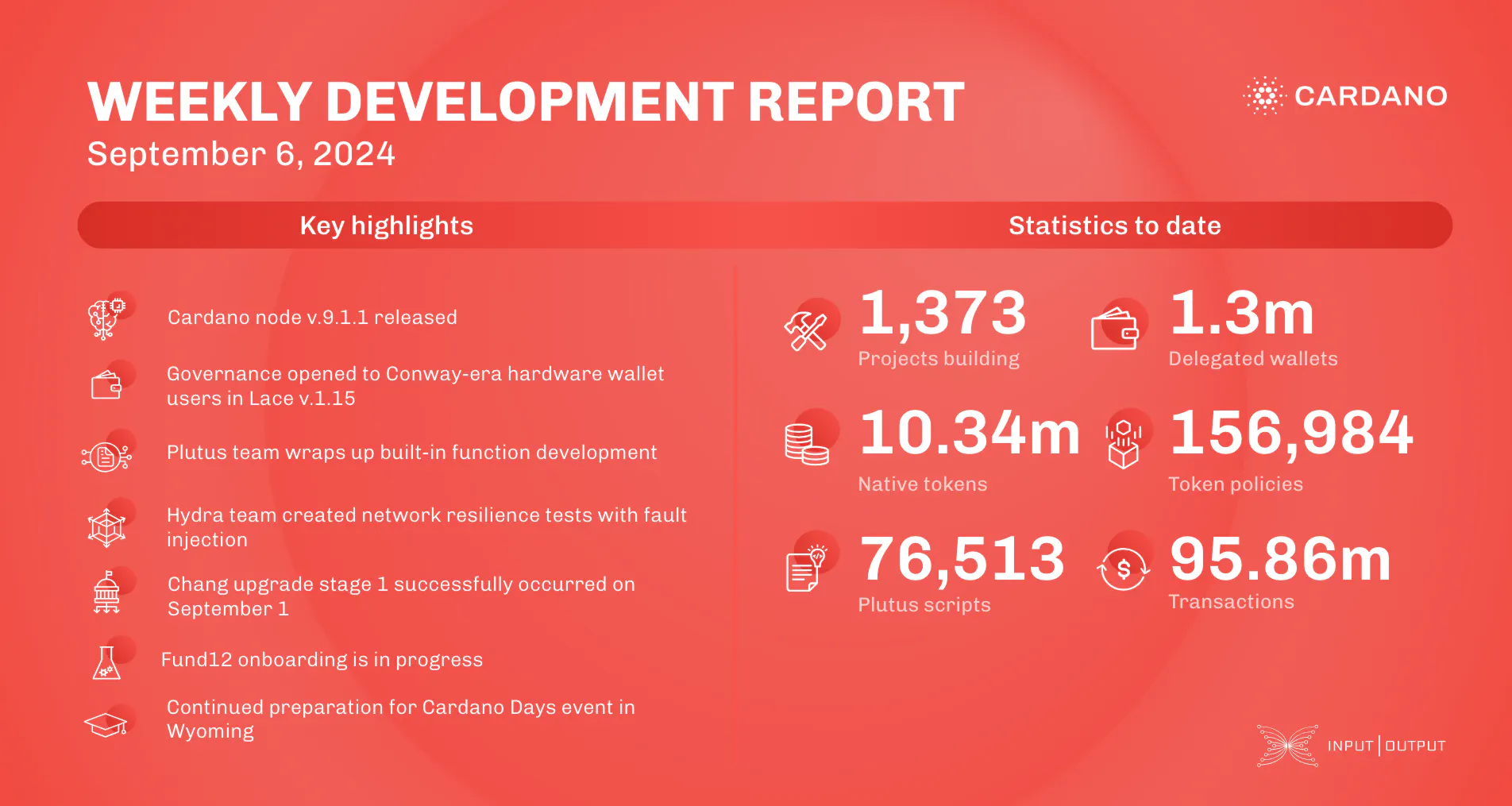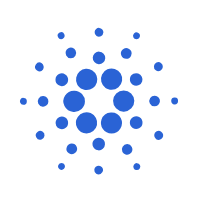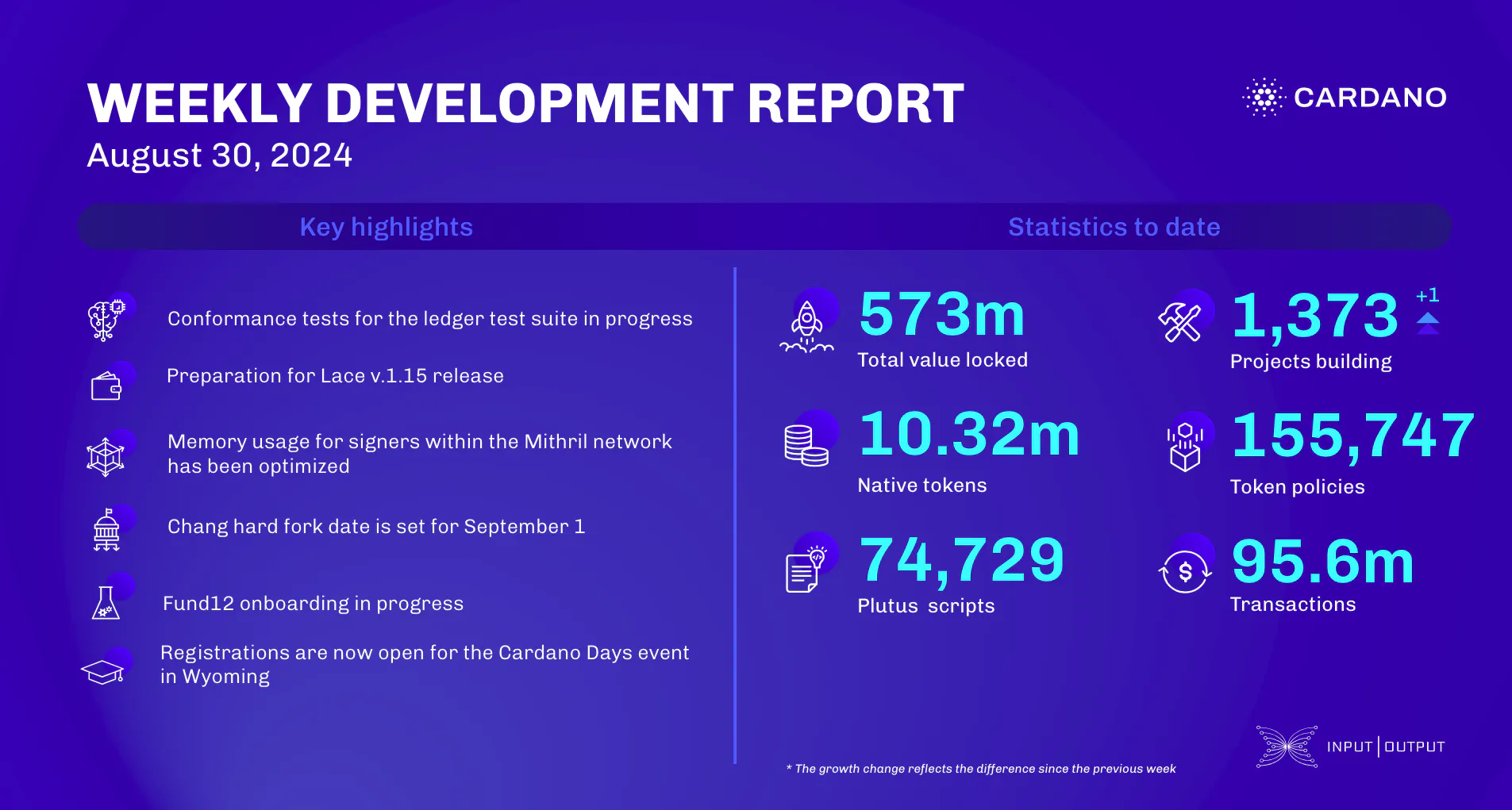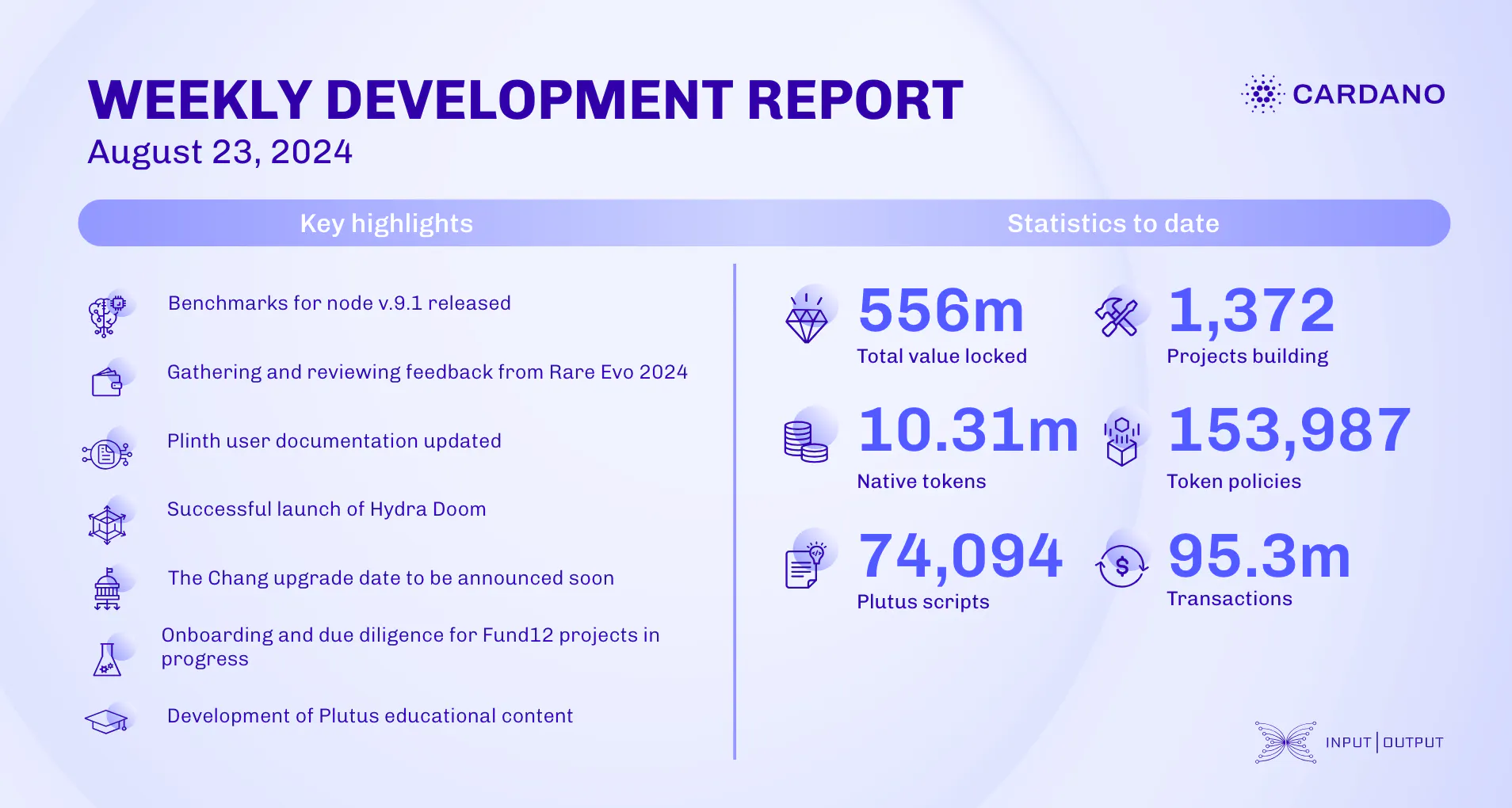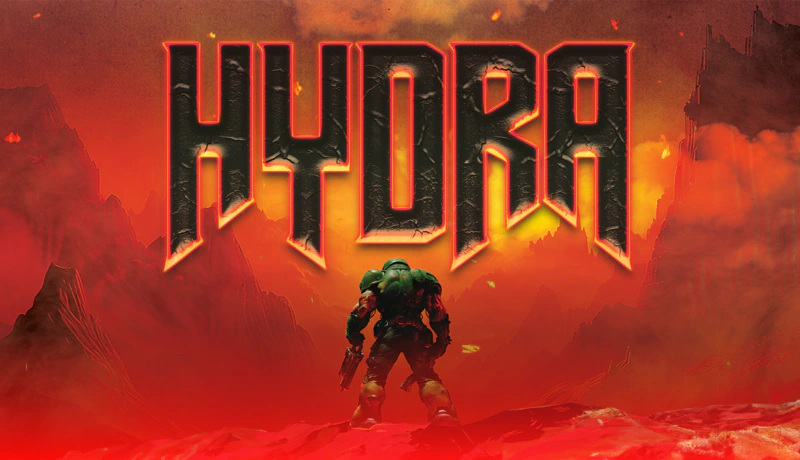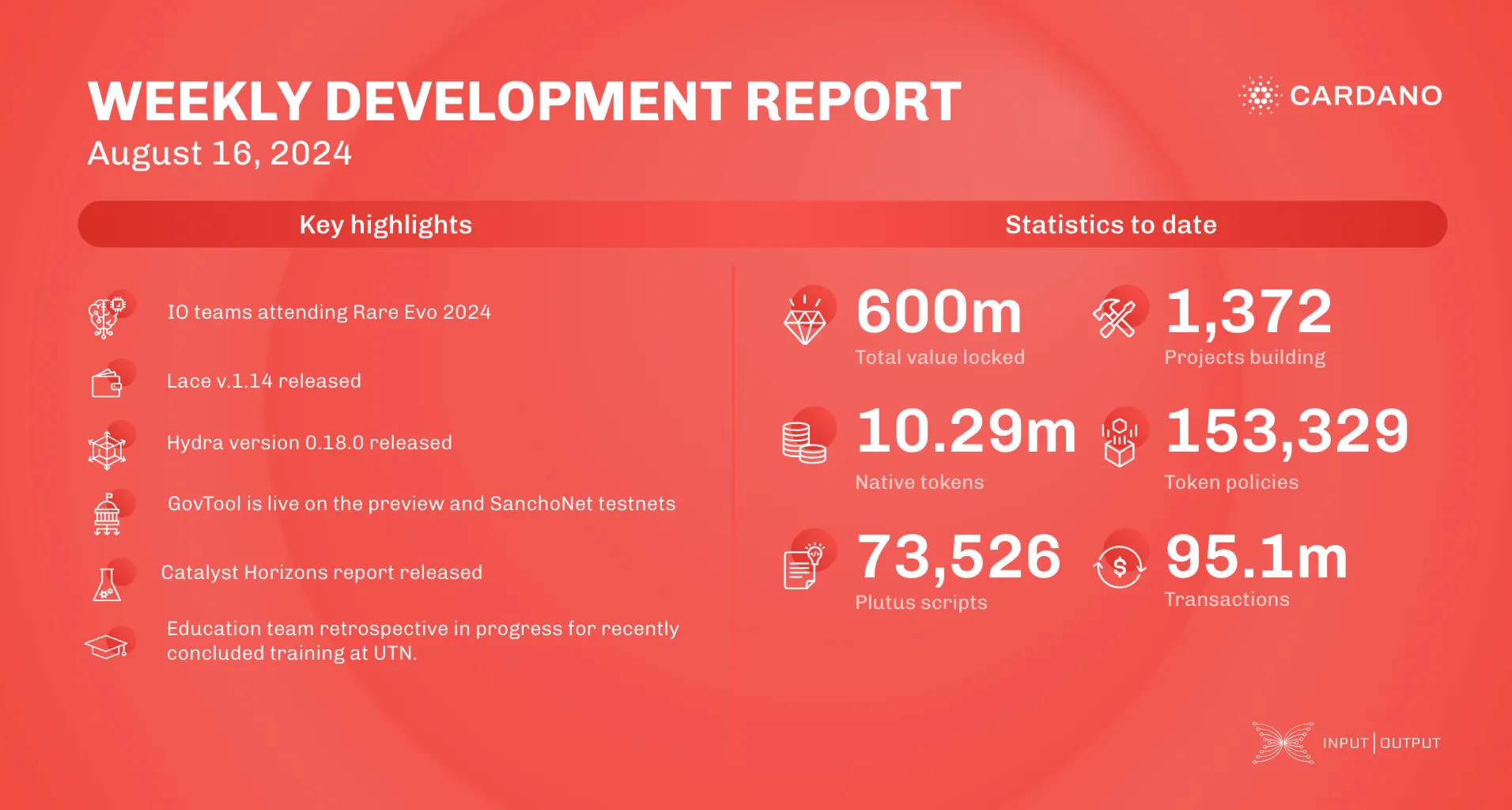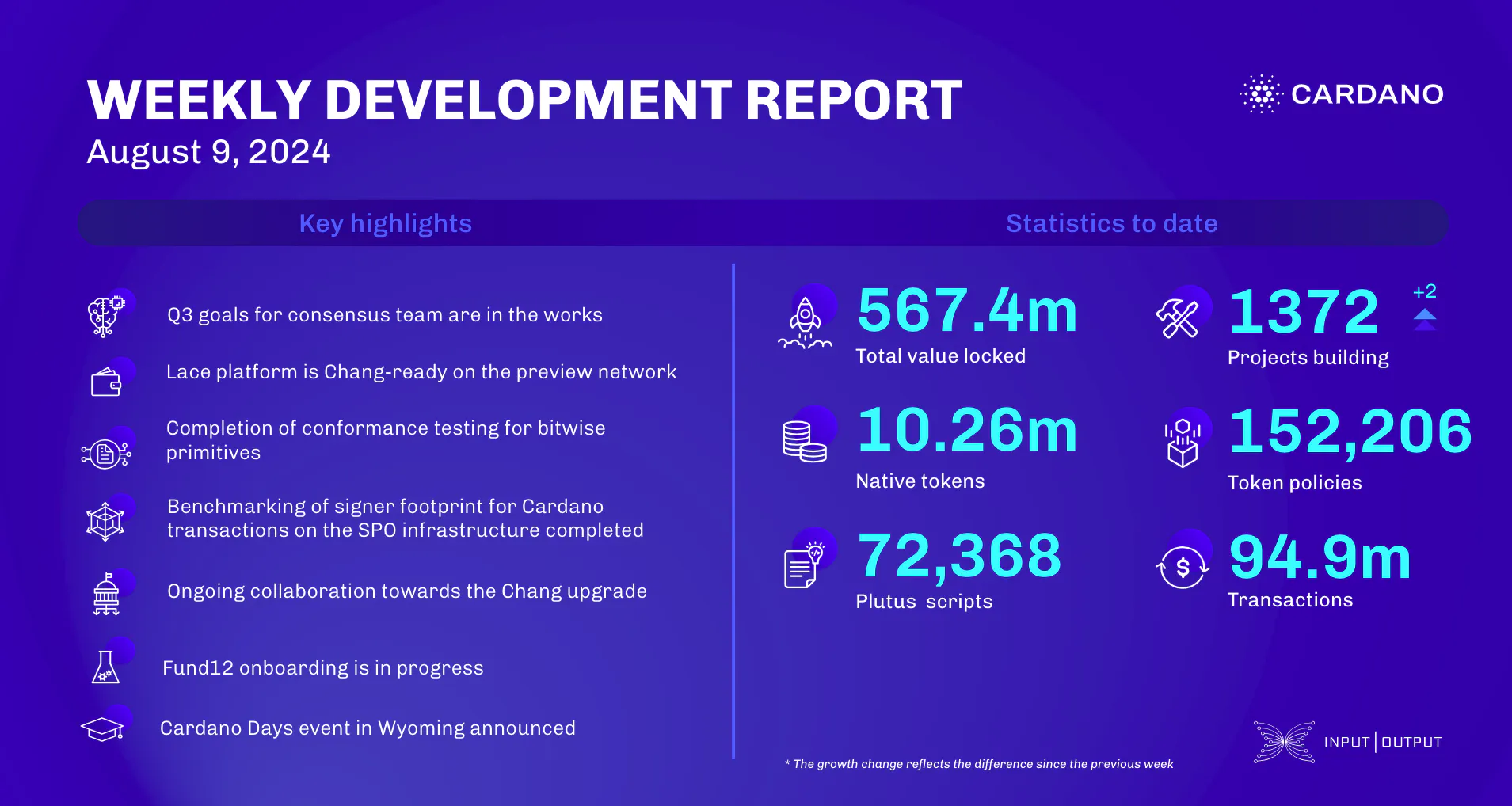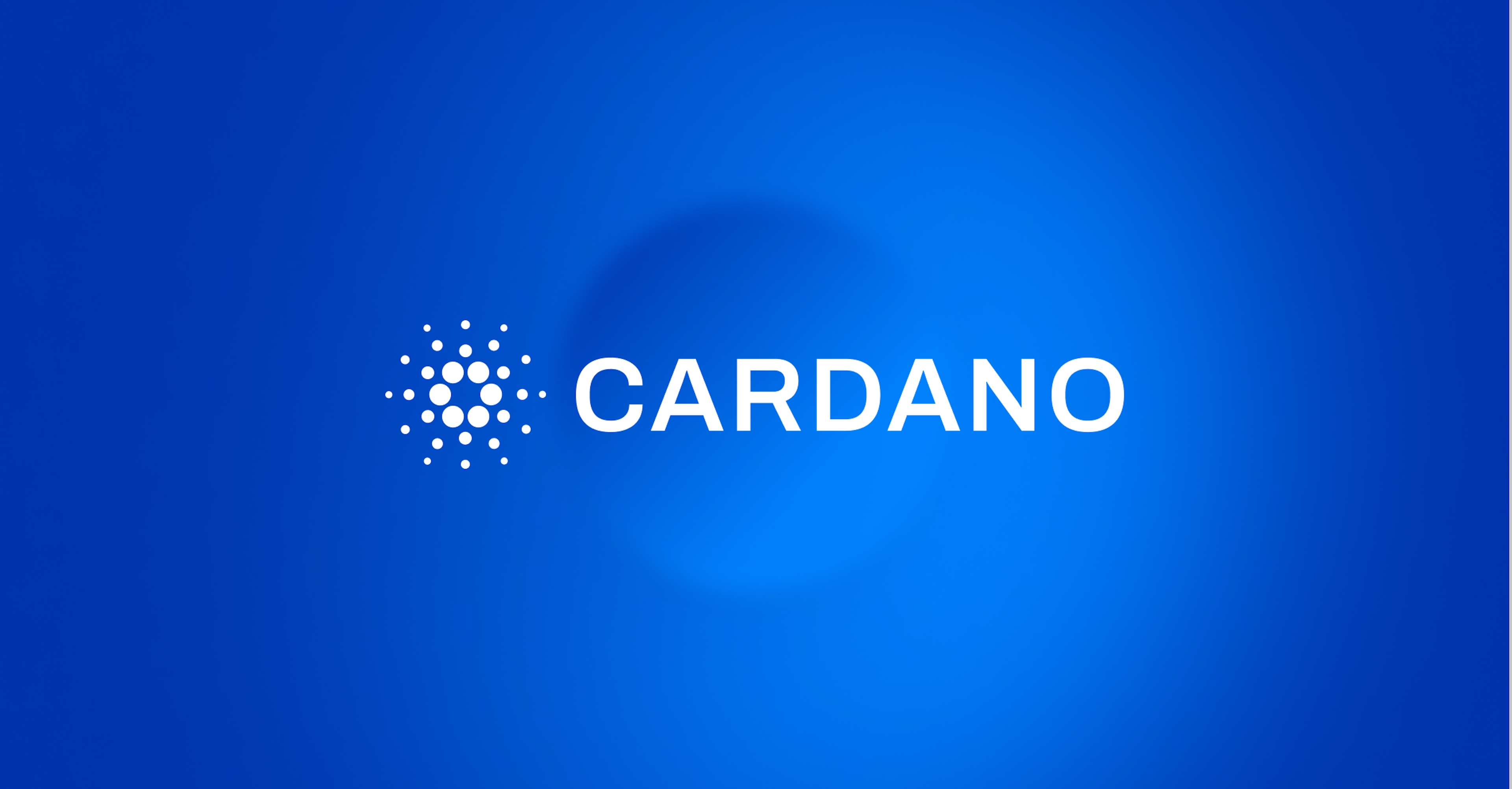Chang Hard Fork Impact on SPO Operations
Join us for the first edition of the SPO Table Talk with domain experts, where we dive into the latest topics on Cardano stake pools and infrastructure. This session covers a range of topics, from changes in SPO leader logs post-Chang hard fork to the refined VRF tiebreaker rule, block diffusion pipelining, and more. We also explore the evolving role of stake pool operators in Cardano’s governance era, featuring insights from Andrew Westberg, Martin Lang, Samuel Leathers, Alexander Esgen, Markus Gufler and Denicio Bute.
